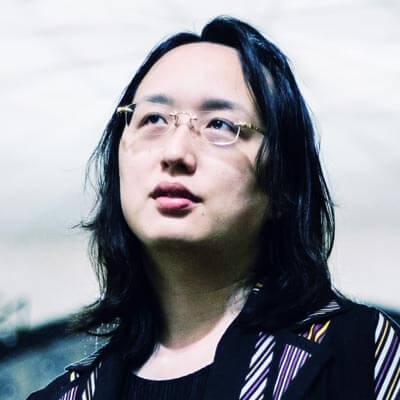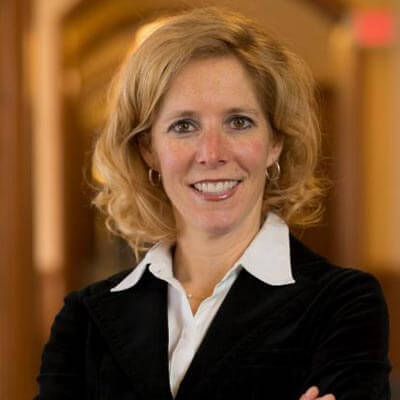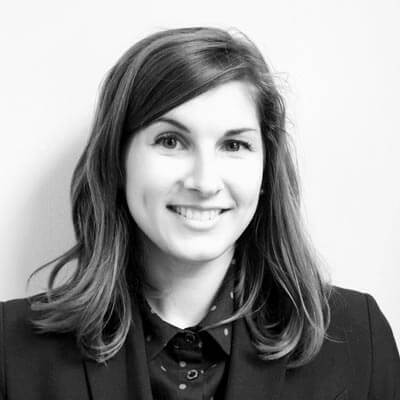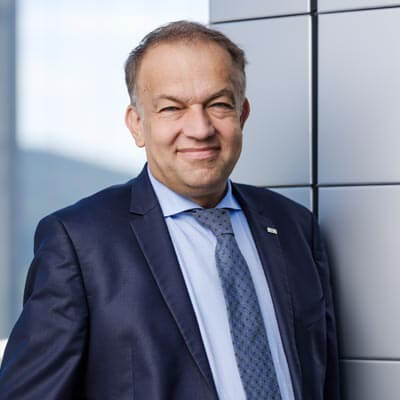Panel discussion
Advancements in AI pose crucial questions that challenge existing democratic structures. From transparency and accountability in algorithms, to combating disinformation and political polarization, to securing voting integrity and data privacy, to safeguarding human rights—governments have to evolve to keep up with the changing landscape. How can we establish ethical guidelines for AI development and secure the future of democratic governance? And who do we need on board to do so?
Chair
AC Coppens (FR)
Panelists
Audrey Tang (TW)
Claudia Chwalisz (FR)
Meinhard Lukas (AT)
Sarah Kreps (US)

Audrey Tang (TW)
Audrey Tang is Taiwan’s digital minister in charge of moda (Ministry of Digital Affairs). Audrey is known for revitalizing the computer languages Perl and Haskell, as well as building the online spreadsheet system EtherCalc in collaboration with Dan Bricklin. In the public sector, Audrey served on Taiwan national development council’s open data committee and the 12-year basic education curriculum committee; and led the country’s first e-Rulemaking project. In the private sector, Audrey worked as a consultant with Apple on computational linguistics, with Oxford University Press on crowd lexicography and with Socialtext on social interaction design. In the social sector, Audrey actively contributes to g0v (“gov zero”), a vibrant community focusing on creating tools for the civil society, with the call to “fork the government.”

Sarah Kreps (US)
Sarah Kreps is the John L. Wetherill Professor in the Department of Government, Adjunct Professor of Law and the Director of Tech Policy Institute in the Cornell Brooks School of Public Policy. She is the author of five books and dozens of academic articles on topics related to emerging technology and international politics and her research and insights are frequently featured in international media outlets such as The New York Times, BBC, Financial Times, CNBC and CNN. Dr. Kreps is a Non-Resident Senior Fellow at the Brookings Institution and has held fellowships at the Council on Foreign Relations, Harvard’s Kennedy School of Government and West Point. She has a BA from Harvard, MSc from Oxford and PhD from Georgetown. She previously served as an active-duty officer in the United States Air Force.

Claudia Chwalisz (FR)
Claudia Chwalisz is the Founder and CEO of DemocracyNext, an international non-profit, non-partisan research and action institute with a mission to shift political and legislative power to people through empowered Citizens’ Assemblies. She works to build new democratic institutions that give people agency and dignity through participation, that distribute political power equally through selection by lot (sortition) and that channel collective intelligence and enable people to find common ground through deliberation. Previously, Claudia served as the Innovative Citizen Participation Lead at the OECD, where she established and analyzed an evidence base of around 600 examples of deliberative assemblies around the world, co-authored the “Catching the Deliberative Wave” report, and set standards for implementation and institutionalization. She was involved in designing the world’s first permanent deliberative bodies made up of people drawn by a lottery in Eastern Belgium, Paris and Brussels. Claudia is an Obama Leader Europe 2023.

Meinhard Lukas (AT)
Meinhard Lukas has held the office of Rector at the JKU since October 2015. He is a Professor of Civil Law and has held numerous academic positions, including Dean of the Faculty of Law (2011 to 2015). Furthermore, Meinhard Lukas is an expert at the Ministry of Justice for legislative procedures, an Austrian representative in the United Nations Commission on International Trade Law (UNCITRAL), an Advisory Board member of “Linz Cultural Development Plan New” and a corresponding member of the Medical Society for Upper Austria. During his term as Rector at the JKU, Meinhard Lukas has advocated pursuing stronger dialogue between art and technology by partnering with Ars Electronica to support the Ars Electronica Festival and to initiate the Festival University, as well as by promoting the development of the Art x Science School for Transformation, an interuniversity program offered jointly by the University of Applied Arts Vienna and the JKU.
